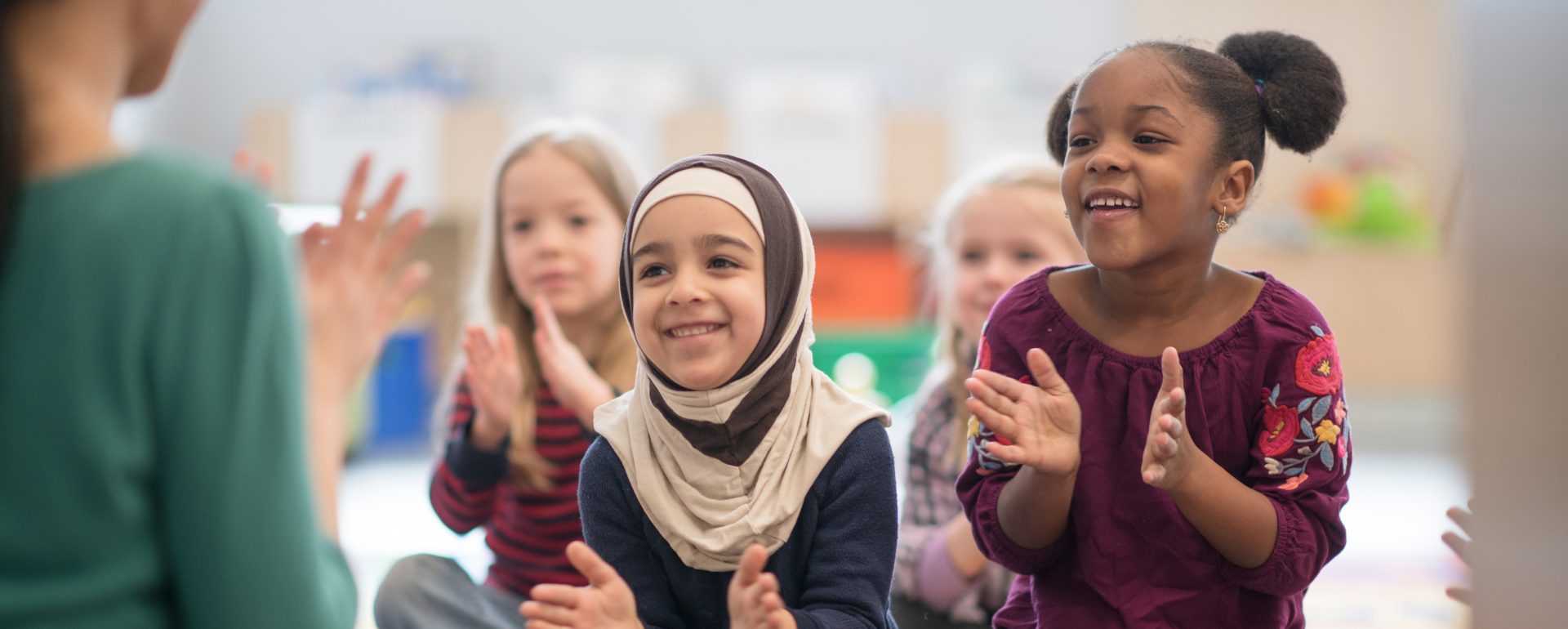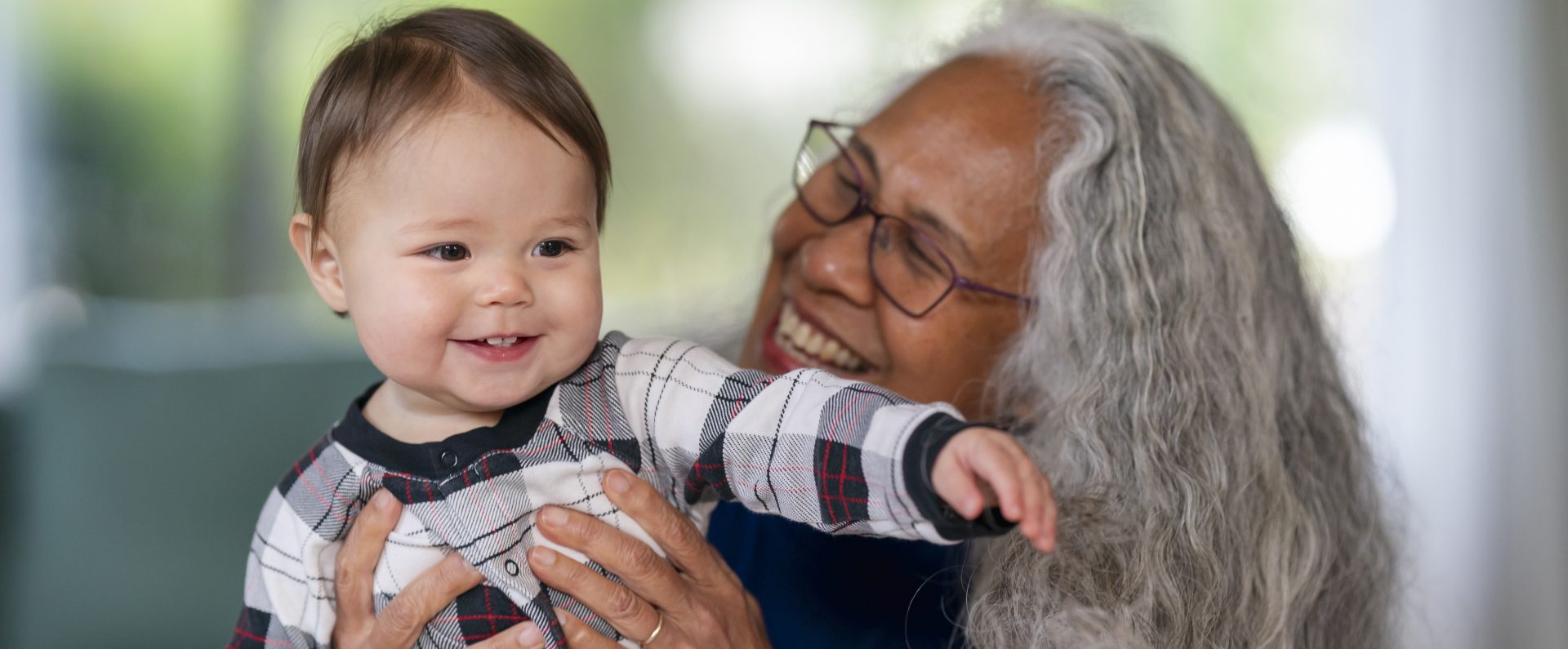Children Now® Insider: Stories, News, And Insights On Children’s Advocacy
June 28, 2022
The Children Now team has grown this summer with the addition of seven Children’s Movement equity fellows and we are thrilled to have them on board! The fellowship is an eight-week program for students who are interested in pursuing a career in government, advocacy, and/or politics. Fellows receive education on policy issues facing California’s children, exposure to a broad range of non-profit organizations through Movement recruitment, and skills-building in a professional environment.
Children Now Insider chatted with the fellows to learn a bit more about each of them; here’s what they had to say:
What do you hope to learn this summer?
Alvin Lee, a second-year student at Stanford University, majoring in public policy and government and minoring in education.:
This summer, I hope to learn more about early child care policy in California, specifically as it intersects with health policy. I’m also thrilled for the plethora of shadowing opportunities, the ability to engage with leaders and advocates at the forefront of their fields. Ultimately, I hope to walk away with a concrete understanding of California’s public policy landscape, and the important role that leading organizations like Children Now play in shaping and improving our state’s policy ecosystems for the better.
Allie Mizota, a third-year student at Northwestern University, majoring in social policy:
I hope to learn more about what goes on behind the scenes at a non-profit and what the larger policy world looks like as well. By the end of the summer, I’m hoping to have a clearer picture of how real change for children can be generated, from recognizing an issue all the way to policy implementation. I’m also excited to get to know about Pro-Kid organizations and the non-profit landscape in California through doing recruitment for the Movement. Lastly, I’m looking forward to picking the brains of all the incredible staff at Children Now about their careers, interests, and any advice!
Noa Bronicki, a third-year student at Georgetown University, majoring in government and economics:
During this fellowship, I hope to learn as much as I possibly can. I am looking forward to learning more about the policy issues Children Now works on, how a non-profit operates and what kind of career paths may be open to me, and who some of the key players in the California advocacy and child welfare space are. Children Now’s work on education and health aligns well with my policy interests, and its connector advocacy model provides a unique outlook on policy implementation in California. Additionally, this fellowship is designed to give a lot of opportunities for shadowing and learning, and I am really grateful to be here.
Mavi Hodoglugil, a second-year student at the University of California, Berkeley, majoring in sociology and minoring in public policy:
This summer, I hope to learn a bit about what is required to take policy from an aspiration to a lived reality. I’ve often wished that laws and policies were different or better without really knowing how to make them so. I hope the Equity Fellowship gives me an inside look at all the foundational work that goes into making lasting change through public policy.
Maria Arms, a fourth-year student at the University of California, Davis, majoring in psychology and education:
This summer I hope to learn more about the challenges of children’s advocacy and how those in the field are working to overcome these challenges. I hope to pursue a career in children’s advocacy, and I believe one important part of entering a field of work is learning about the challenges that come along with it. Additionally, I hope to learn more from all the staff at Children Now about their career paths and their reasons for their career decisions. I am excited to absorb as much knowledge as I can from those around me and use it to guide my own future career decisions and journey.
Cheyenne Grant, a child and adolescent development graduate student at San Jose State University:
This summer I want to learn more about mental and behavioral health related to racial equity. I would also like to see how policy research is conducted. Lastly, I am looking forward to getting better acquainted with the non-profit, policy focused setting.
Sarah Arce, a public policy graduate student at the University of California, Irvine:
I am so excited and proud to be a TCM Equity Fellow this summer and am looking forward to learning from the staff’s previous work and how it led them to the work they currently do at Children Now. As someone who is not 100% of what job I want to hold post-graduation I am interested in learning about what options are open to me and what most calls my attention. Everyone at Children Now is so experienced and I hope to learn from their work.
What surprised you the most about your college experience? How has the pandemic changed/affected college life?
Allie: Starting college during the pandemic was definitely a unique experience as I deferred my first quarter and then had online classes for the whole first year. I think it made meeting people difficult at times, but I’ve found that I have many friendships that are deeper as a result of spending a lot of time just sitting around the dorm. One thing that has happily surprised me is the amount I learn in my classes from my fellow peers, as opposed to the professor. Being in classes with people of such different backgrounds and identities provides an incredible opportunity to learn about their experiences with the different topics at hand.
Noa: In my college experience so far, I was most surprised by how impactful a single course can be. Taking a course in education politics helped me refine my interest in government and understand that this is the policy area I am most passionate about. The work I did in that class is the inspiration behind the thesis I am working on this year. Graphic design, which I took as a general education requirement, pushed me out of my comfort zone and sparked a passion for creativity. It changed the way I look at the world and I developed skills that I now use in other ways, both in my everyday life and working for my college newspaper.
While the pandemic meant that I started college virtually, it allowed me to stay more engaged with my local community (Santa Clara County) and I was still able to meet and connect with classmates even online. It taught me to be adaptive and made me appreciate the in-person college experience much more!
Maria: One aspect of my college experience that has surprised me has been the classes in which I’ve taken interest. I have enjoyed all of the classes for my major and minor, which are psychology and education, but I’ve found other classes with which I had no expertise or experience have been equally interesting. I have loved the geology classes I have taken, such as Geology of National Parks, and the classics courses I’ve taken, such as Rome and the Mediterranean. The pandemic changed almost all aspects of my college life, but I think one interesting and positive shift was when the lab where I work, the UC Davis Infant Cognition Lab, transitioned from doing in-person studies to online studies, which allowed for a much more representative group of participants.
Cheyenne: The most surprising part about this program is the number of work opportunities I can access to grow professionally. As a first-generation college student, finding my point of entry has been a challenge, but my school community has been immensely supportive. These days there is much less face-to-face contact, which can be limiting at times, but this has also taught me to work independently. Regardless, I try to sign up for in-person classes when possible because classroom discussions are much richer that way.
What was the last book that you read for fun? What’s next on your reading list?
Mavi: The last book I read for fun was Homegoing by Yaa Gyasi, a novel that follows several generations of the descendants of two West African half-sisters, one who gets abducted into slavery and another who stays in Africa. Each chapter is from a different perspective, and it was a very intriguing and moving novel. Next on my reading list is Cultish by Amanda Montell, which is a nonfiction book about the common language cults use to attract and retain followers. Montell looks at various “cultish” organizations, including some unconventional picks like SoulCycle, so I’m excited to read it.
If you won the lottery, what would you do with the money? And how, if at all, would it change your future plans?
Alvin: If I won the lottery, I would use the money to start a non-profit organization aimed at bridging the gap between policy researchers and policymakers in California. The hope would be to create a more interconnected space where advocates and organizers could better push for well-researched public policy, and one where policymakers would have access to the latest cutting-edge policy innovations.
If you could wake up tomorrow with one superpower, what would it be and why?
Sarah: If I could wake up with one superpower tomorrow it would be speed. Since I am working three jobs this summer and hold various other volunteer positions, sometimes I feel like I would have an opportunity for a little extra break if I was able to get places faster. Although I enjoy everything I am a part of this summer, the power of speed would allow me to get things done faster and have a little more downtime.


